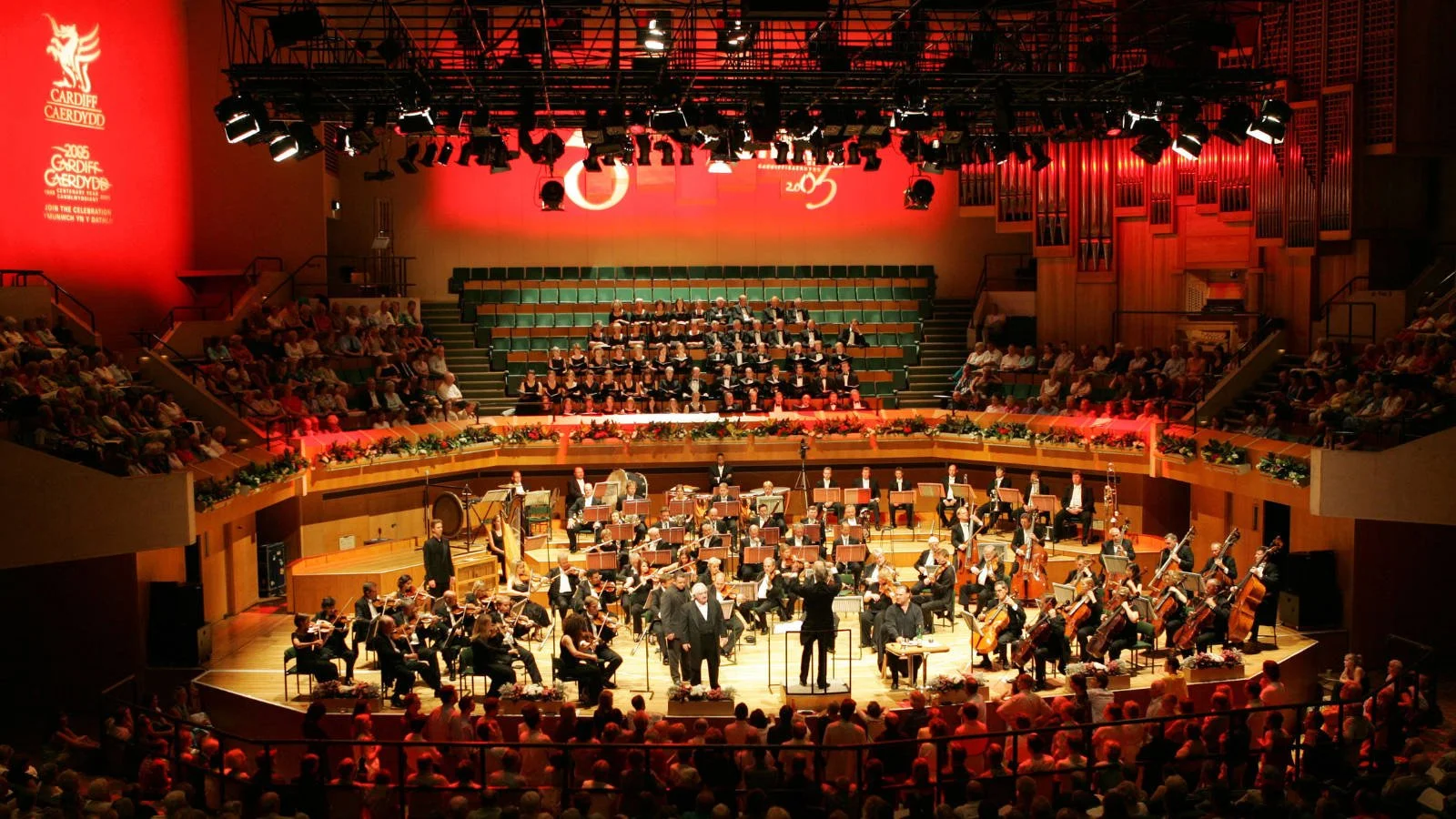The Silent Stage: St David’s Hall Closure and Its Ripple Effect on Welsh Arts
For decades, St David’s Hall has stood as Cardiff’s cultural heartbeat, a sanctuary for classical music, a stage for world-renowned performers, and a gathering place for audiences seeking artistic excellence. Yet, as the venue braces for an extended three-year closure due to urgent structural repairs, the Welsh arts community faces an unsettling reality—where does the displaced talent go, and what will remain when the doors finally reopen?
A Sudden Pause in Cardiff’s Cultural Pulse
The hall’s closure stems from safety concerns surrounding reinforced autoclaved aerated concrete (RAAC), a material notorious for deterioration over time. While Cardiff Council has outlined plans for restoration, bureaucratic hurdles—particularly delays in obtaining listed building consent—have left performers, organisations, and audiences grappling with uncertainty. The revised timeline suggests reopening may not occur until 2027, shifting the landscape of Welsh arts for years to come.
Events like BBC Cardiff Singer of the World, The Welsh Proms, and countless orchestral performances now find themselves without their home venue. The loss of a centralised space for classical music raises concerns about accessibility, audience retention, and the logistical strain on alternative venues.
Who Steps Up to Fill the Void?
With St David’s Hall out of commission, the spotlight shifts to other venues. Wales Millennium Centre, while a strong contender, lacks the acoustics tailored for orchestral performances. New Theatre Cardiff and Blackwood Miners' Institute offer spaces for some displaced productions, yet classical music in Wales faces the challenge of maintaining its presence amid a fragmented relocation effort.
Cardiff Council has explored interim solutions, but with many venues booked months in advance, the migration of major performances remains an uphill battle. The temporary loss of St David’s Hall isn’t just a logistical challenge—it’s an existential threat to Cardiff’s identity as a hub for classical music.
Funding, Privatization, and Public Outcry
Beyond structural concerns, debates over funding and management have stirred controversy. The council’s deal with Academy Music Group (AMG) has faced significant backlash, with petitions garnering thousands of signatures in protest against the potential shift away from classical programming. Critics fear that privatization could dilute St David’s Hall’s role in championing traditional arts, pushing classical musicians and orchestras to the margins.
As discussions unfold, cultural leaders and advocacy groups continue to demand reassurances that the venue’s reopening won’t signal the erosion of its artistic legacy. After all, a restored building means little if its core purpose is lost.
Looking Ahead—A Defining Moment for Welsh Arts
St David’s Hall’s closure is more than an inconvenience—it’s a pivotal moment that will shape Wales’ cultural trajectory for years to come. The challenge isn’t just in keeping performances alive elsewhere, but ensuring that, upon its return, the venue remains a beacon for classical music rather than a commercialised shell of its former self.
In the meantime, artists, institutions, and audiences must rally together to preserve Cardiff’s classical scene, fostering resilience through temporary venues, alternative programming, and unwavering advocacy. Because when the stage finally lights up again, the question won’t just be whether the hall survived—it will be whether its soul endured.




